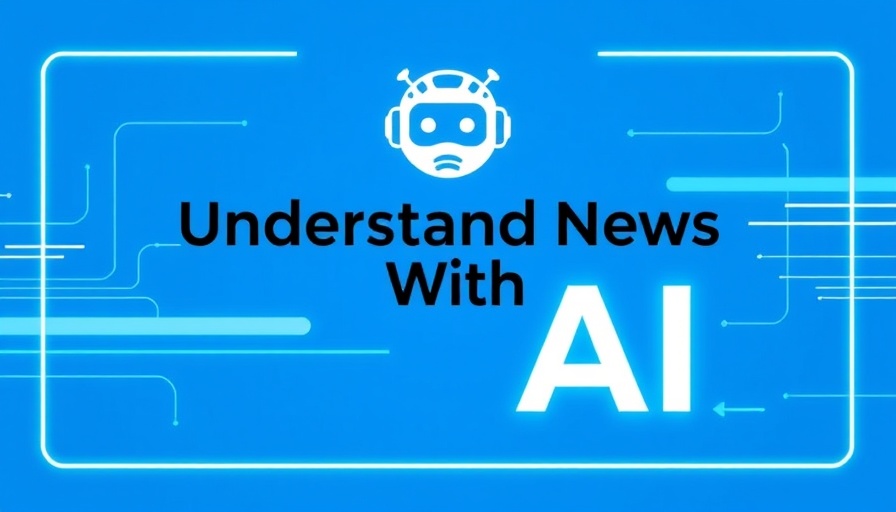
Job Hopping: Once a Boon, Now a Bust?
Job hopping, once a widely accepted strategy for securing higher pay, is now yielding surprisingly modest returns, particularly within a competitive labor landscape. Recent data reveals that the gap in salary increases between employees who stay with their current positions and those who change jobs has narrowed significantly, hitting its lowest point in a decade. As of early 2025, wage increases for incumbents reached 4.6%, while job switchers saw a slight uptick at 4.8% — a stark contrast to the 7.7% boost that switchers enjoyed in January 2023.
Why Do Workers Stay Put?
The trend of staying at one job can be attributed to a variety of factors, particularly the current dynamics of the job market. The U.S. Bureau of Labor Statistics reported a steep decline in the quit rate, which dropped from over 50 million in 2022 to just 39.6 million in 2024. Many employees now feel they lack the negotiating power necessary to secure better positions, especially with rising competition. A Harris Poll indicates a staggering 70% of Americans believe it would be challenging to find a comparable job if they switch, underscoring a collective sense of uncertainty.
The Impact on Employee Morale
This stagnation in wage growth creates a dilemma many professionals face: whether to remain stagnant in their current roles or pursue uncertain opportunities elsewhere. For many, job promotions often come with additional responsibilities but no corresponding salary increase, leading to what some refer to as “dry promotions.” Such scenarios contribute to a decrease in employee satisfaction and motivation, a crucial element for businesses striving for high performance.
The Technological Sector: Ground Zero for Change
Interestingly, the technology sector, known for its rapid growth and lucrative roles, is now at the forefront of these changes. Tech employees, particularly in fields such as AI and software development, are finding that previously high negotiation power is waning. Companies that previously offered sizable pay increases are now curtailing offers, as many tech professionals attempt to navigate an evolving job landscape that places them at a disadvantage.
Future Outlook: What Lies Ahead?
As fewer people choose to switch jobs and more employees are opting to cling to their current roles, the labor market dynamics could shift further. Economists predict this trend might continue, potentially leading to even lower quitting rates through 2025. For self-employed individuals and entrepreneurs in particular, understanding these workforce shifts becomes crucial. For example, employers now emphasize the importance of finding the 'perfect candidate' while being less willing to negotiate on compensation, indicating a tightening of the labor landscape.
Closing Thoughts
The implications of stagnant wage growth for job switchers and stayers alike are profound. For individuals contemplating a job switch, recent economic trends compel a more cautious approach as the allure of significant salary increases fades. It may also signal a reconceptualization of career satisfaction beyond just salary. Self-employed individuals and entrepreneurs must observe these trends to better tailor their offerings to meet workforce needs and align their hiring strategies accordingly.
 Add Row
Add Row  Add
Add 




Write A Comment